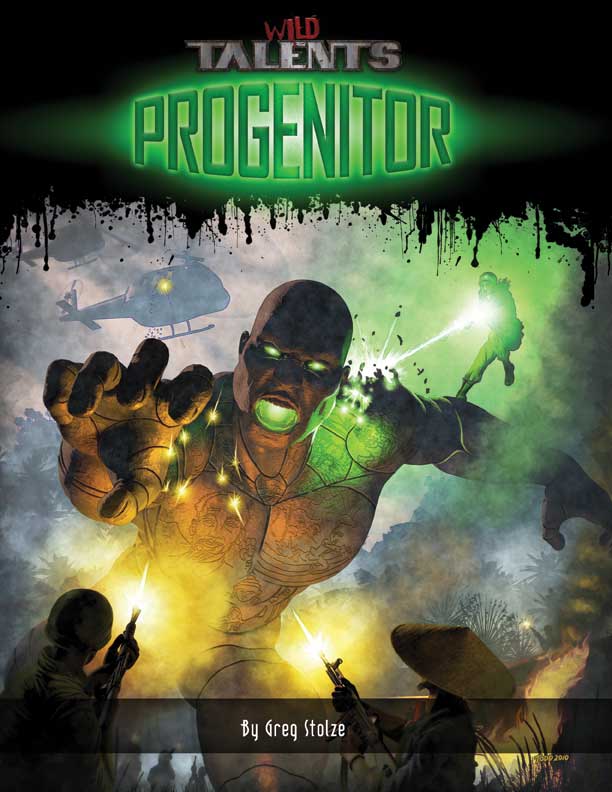Last weekend we played a story-telling game called Shock for the first time (available free for download here). Billing itself as social science-fiction, the idea is a simple one: the players decide on a shock – the big idea that changes the world as we know it. They jointly create a world that reflects that shock, then pick lead characters and collaborate in telling a tale which explores it further.
Science-fiction is a literature of ideas – even if some of it is in the business of recycling old tropes – so gamifying science-fiction story-building makes a lot of sense. You could go high-brow, looking at, say, identity loss in a world of uploaded consciousness. You could use it to give space opera an infusion of purpose. Or you could do what we did after several glasses of wine on Saturday night and decide that what the pulp end of the genre was really missing was a a Nazi hollow-earth empire hidden beneath the earth's crust. With giant mechs. :-)
We really liked Shock, although the conflict-resolution mechanism needs a bit of practice. But it got me to thinking that the game might have value outside the tabletop hobby. Its rules would work well for group story-telling online, such as via a shared blog or discussion forum. And its ability to imagine possible futures could be a great creative tool for those seeking to achieve them.
Like environmental activists, for instance.
As speculative fiction is to literature, so environmentalism is to politics – even at it's most nostalgic it's a discourse of change and of big ideas. The kind of stuff that Friends of the Earth are calling for - renewable energy, the closed loop of resource use, the localisation of food supply and economy – these are big ideas that would change the world as we know it.
These are as much science-fictional ideas as they are green ones.
What story-telling can give environmental activism is a way of imagining that future and giving us hope that it can be realised. It makes impersonal social forces personal through plot and characterisation. It dramatises both conflict and resolution. It makes the future feel real, however briefly.
Story-telling also matters because we know that when seeking to persuade people that a big idea is worth reaching for, facts are necessary but not enough. We know that positive campaigns fare better when we're inviting someone to share a narrative – The Big Ask and The Bee Cause have both met that need well.
Story-telling as collective ownership
And contributing to the creation of that narrative can be very powerful. I have found that volunteers and activists respond much more positively to a national campaign when we create a space where they can explore and take ownership of it. Then they take it to places which its creators never thought about.
So, we know story-telling has a great deal to offer campaigning. And I'm suggesting in particular that science-fiction could provide a great framework for making our near-futures of environmental (and thus political, economic, social) change more tangible to ourselves and to those we want to reach.
But there's only one way to test this...
and that's to suggest running a game of Shock online with an environmental theme, perhaps via another blog or on Campaign Hubs, where others can see it and (hopefully) be inspired. Looking at Friends of the Earth's next major campaign, could we perhaps tell a story about what might happen 1, 10, 50 years from now when community-driven renewable energy comes to Anytown, England?
Thoughts? Players, even?

